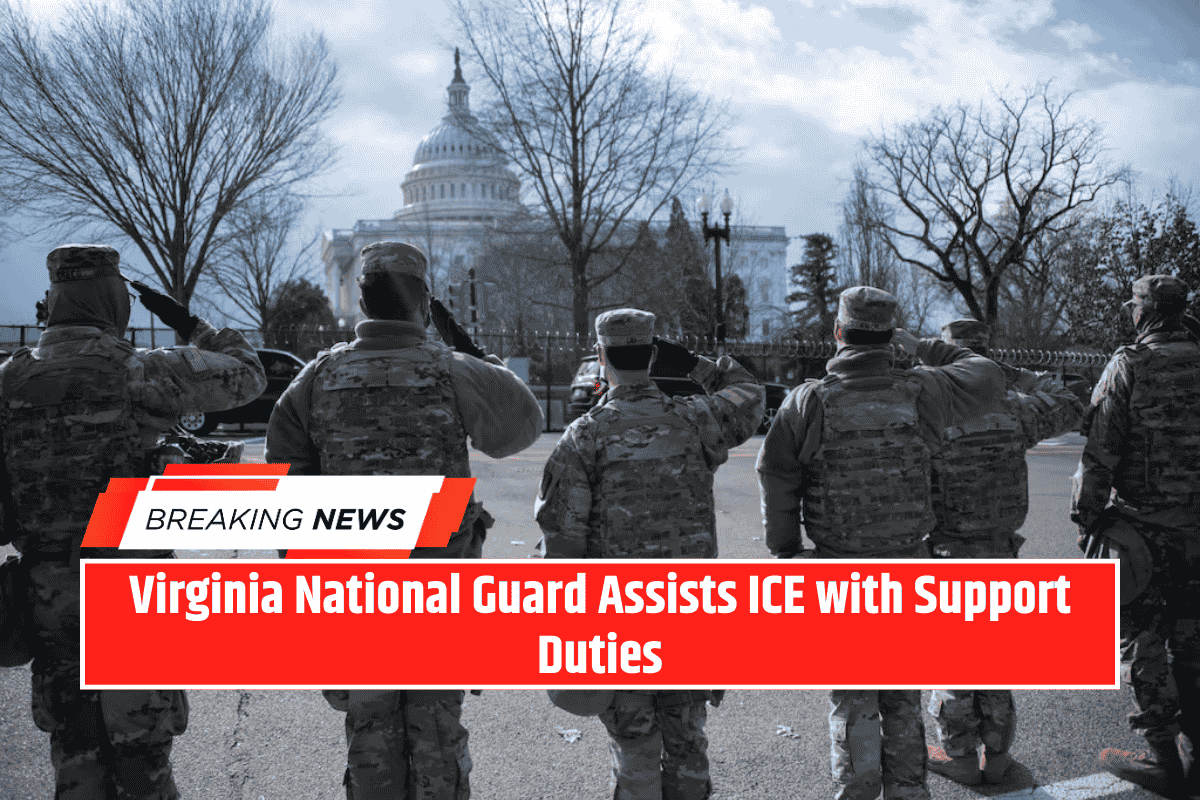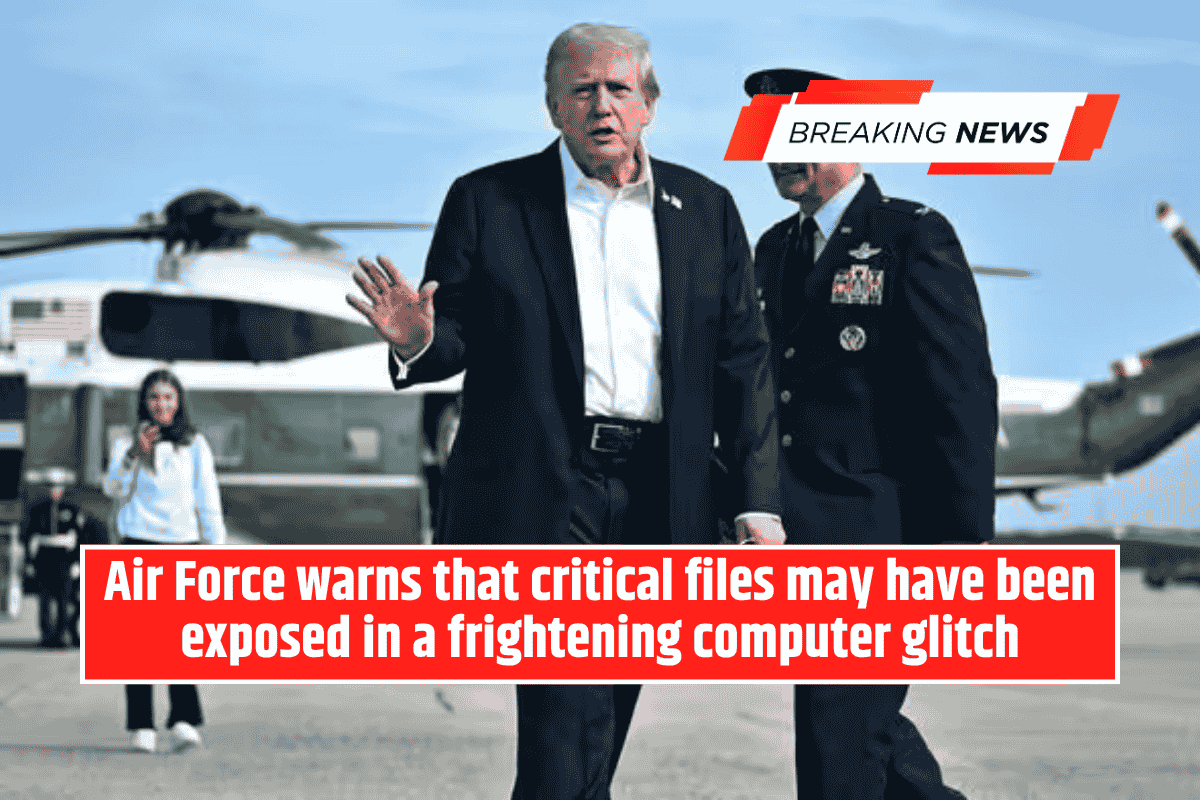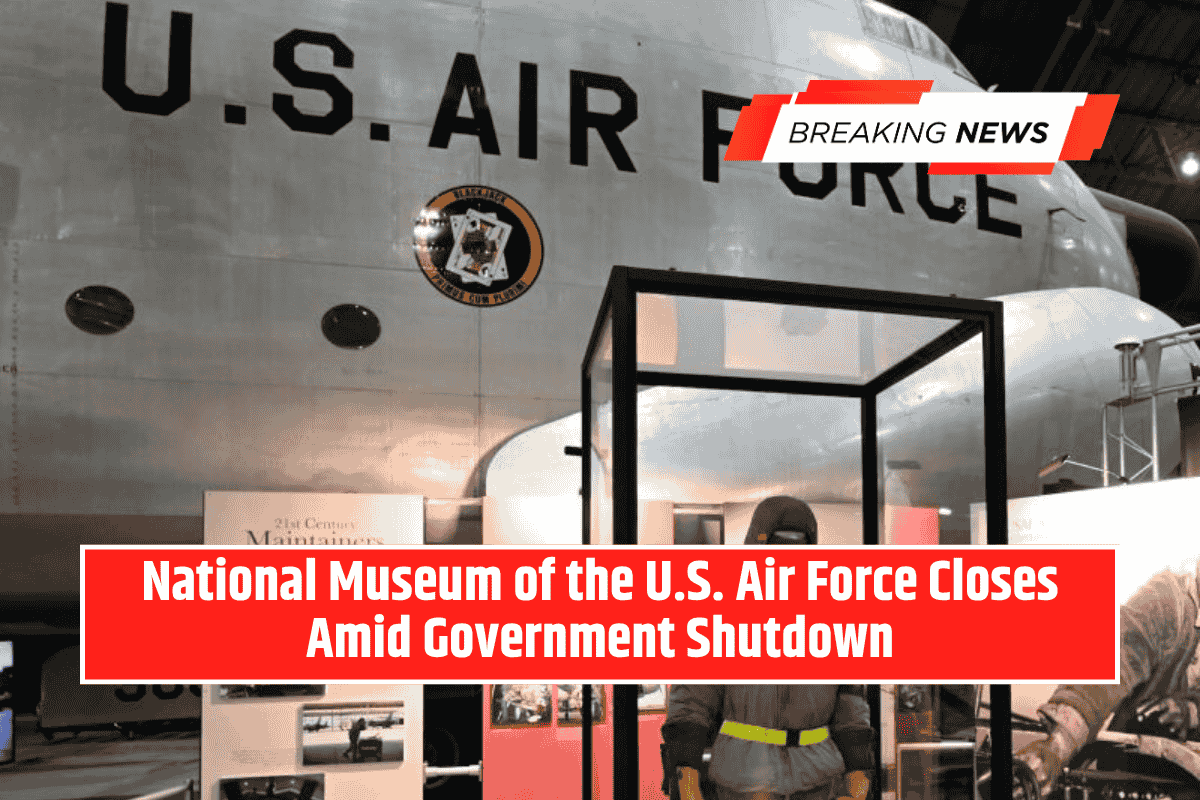The Virginia National Guard (VNG) mobilized 40 soldiers and airmen this week to assist U.S. Immigration and Customs Enforcement (ICE) with non-law enforcement duties, officials announced Friday. The troops began service on Monday, operating at ICE field offices across Virginia.
Their responsibilities include clerical and logistical support such as:
- Answering phones and scheduling appointments
- Collecting biometrics
- Tracking expenses
- Performing vehicle maintenance
The mission is scheduled to run through November 15, with an additional 20 Guardsmen expected later this month to bring the total to about 60 personnel.
Guard’s Role and Authority
Officials emphasized that Virginia National Guard personnel will not engage in law enforcement functions. Their tasks exclude making arrests or conducting immigration enforcement. Instead, they provide administrative and operational support, ensuring ICE field offices can focus on core responsibilities.
While Guardsmen report directly to ICE leadership at their duty stations, they remain under the authority of Virginia Governor Glenn Youngkin, consistent with their state-level chain of command.
Background and Deployment Framework
The deployment plan was developed jointly by the Virginia National Guard and ICE officials. Announced in August 2025, it reflects a growing reliance on Guard support for federal agencies.
Under Title 32 status, the mission is federally funded but maintains state-level control. This arrangement ensures that while assisting federal operations, Guardsmen remain accountable to their governor rather than federal law enforcement authorities.
Historical Context of National Guard Support
Although the scale of current National Guard involvement with ICE is unprecedented, the Guard has a long history of supporting law enforcement agencies in non-enforcement capacities. Past examples include administrative and logistical cooperation in states such as California and Colorado.
This deployment represents a continuation of that tradition, balancing federal needs with state oversight while keeping Guardsmen out of direct law enforcement roles.








